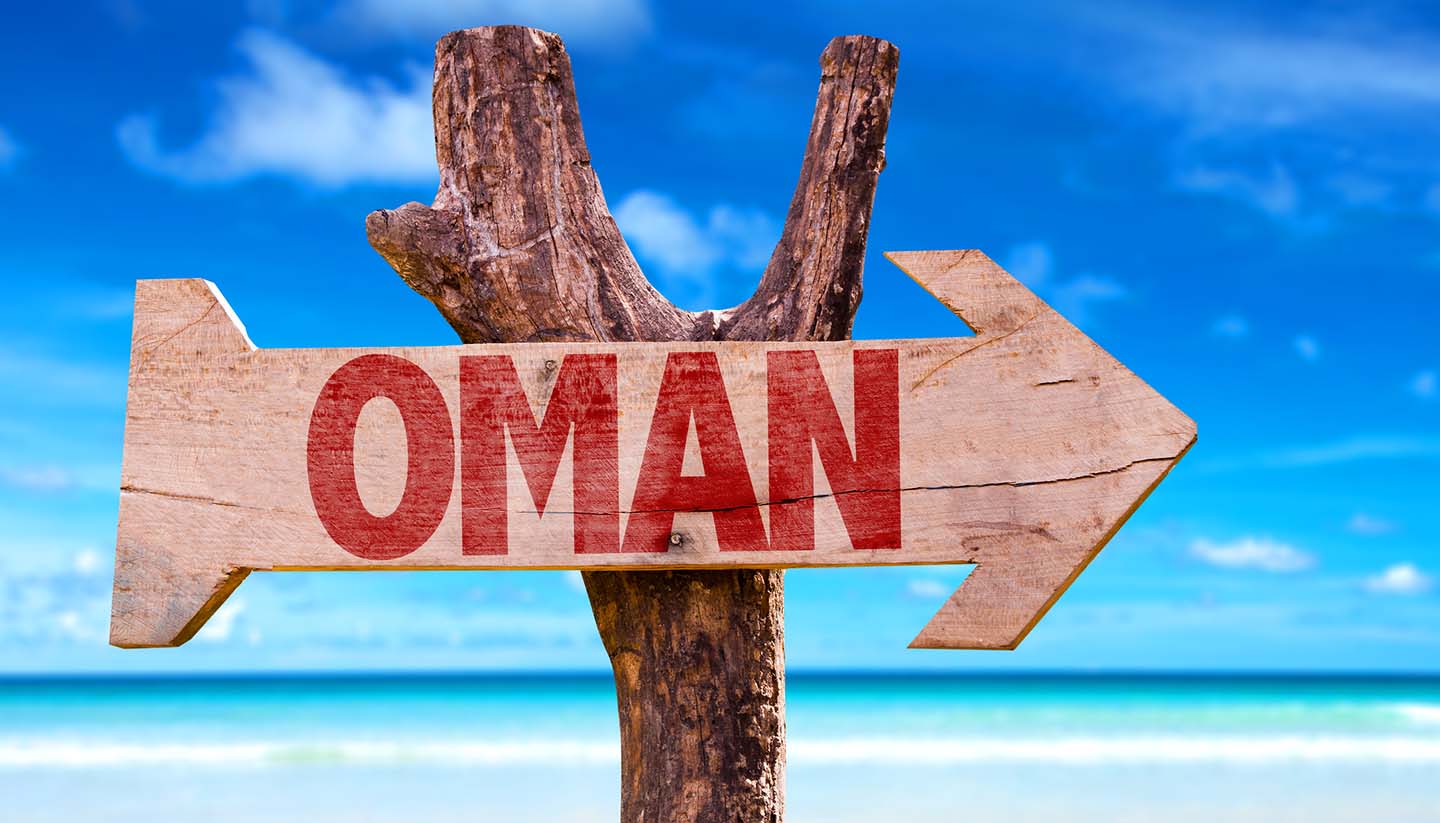Oman Shopping and nightlife
Shopping in Oman
Traditional souvenirs include silver and gold jewellery, khanjars (Omani daggers), coffeepots, saddles, frankincense (the sap of a tree that grows in Dhofar in the south of Oman), hand-woven textiles, goat-hair carpets, baskets and camel straps. Antique khanjars (over 50 years old) may not be exported. It is wise to check with the Ministry of National Heritage and Culture for the necessary documentation before purchasing.
The two main souks (markets) are located in Muttrah and Nizwa, although most towns have a souk of some description. The Muttrah souk is fairly small compared to souks in other countries, its shops in winding streets stacked high with gold, silver, frankincense and other trinkets. The vendors will try to encourage you into their shops but they are fairly good-natured and not too persistent once they know you are not going to buy. Nizwa used to be one of the Arab world’s biggest souks, but modernisation has stripped it of some of its old-world charm. It is known for its silver, and you can still see artisans of all types working.
Muscat has several large shopping malls including the Markaz Al-Bahjah and Lulu complexes and Muscat City Centre, which boasts nearly 150 shops. Here, you’ll find famous international women’s fashion brands such as Mexx, Monsoon and Mango alongside electrical, cosmetics, sports and jewellery shops. The centre’s Magic Planet indoor family entertainment area offers games simulators, arcades and themed rides. You can find other modern shops around Shatti Al-Qurum.
Shopping Note
Western-style shopping malls are air-conditioned and comprise shops, car parks, cafés, food courts and play areas for children.
Shopping hours
Sun-Fri 1000-1300 and 1600-2100 (precincts 2200); Sat 1600-2100. Opening hours may vary during Ramadan.
Nightlife in Oman
You’ll find the main nightclubs and bars in Muscat and Salalah, although most of the nightlife centres in the hotels. A new convention centre with an 8,000-seat auditorium is being built, which will double as an entertainment and sports venue. It will include new hotels and shopping facilities and is due to open in 2014.
As part of its long-term plan, the country is investing in more entertainment venues such as the Oman Royal Opera House which opened in 2011. It will showcase Oman’s cultural heritage, as well as bringing international music to the local audience and visitors. Famous names to grace the venue will include Placido Domingo, Andrea Bocelli, soprano Renée Fleming, cellist Yo Yo Ma and the London Philharmonic Orchestra, the American Ballet Theatre and trumpeter Wynton Marsalis with New York City's Jazz at Lincoln Centre Orchestra.
The Royal Opera House shares the grounds with a small theatre, restaurants, luxury shops and extensive gardens.
There are a number of modern cinemas in Muscat, such as the Al-Shatti Multiplex, Ruwi and Star, showing a variety of international films.
There is very little in the way of nightlife in other Omani towns with the exception of Salalah which comes alive during the khareef (rainy season in July and August) with festival activities.


